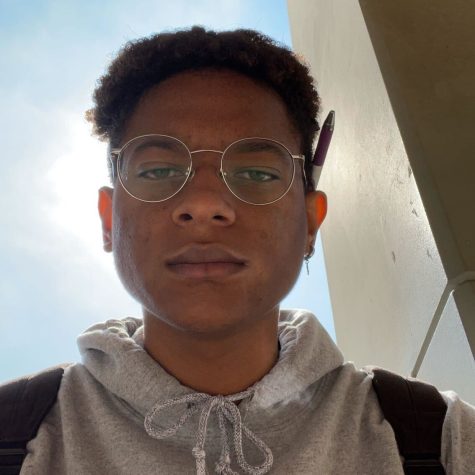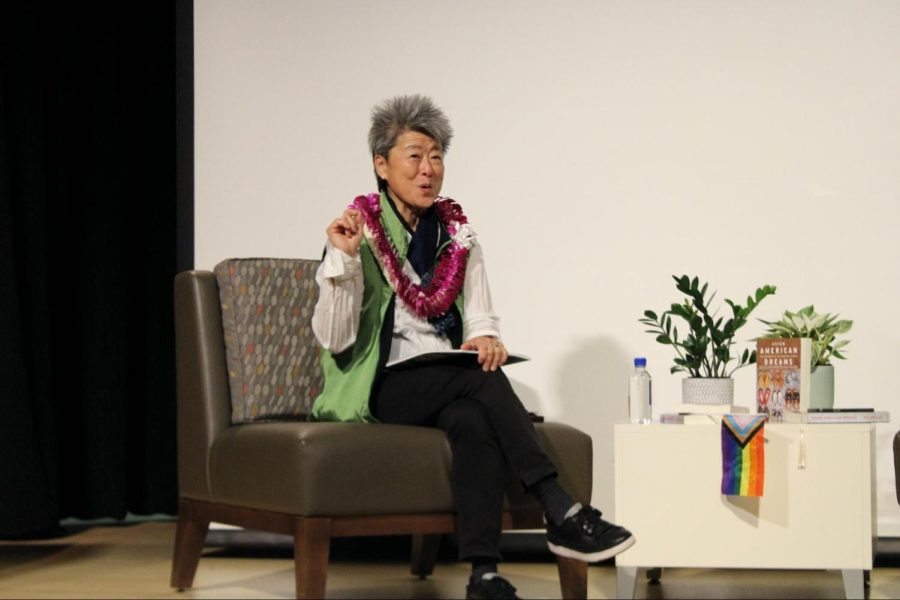Helen Zia: From minority to majority
The inspiring forgotten stories of Zia, LGBTQ+ members and Asian Americans’ struggles to transform themselves from “aliens” to “Americans”
Helen Zia, a passionate activist, journalist, writer and member of Asian American and LGBTQ communities.
Helen Zia, a journalist, writer and a staple activist within Asian American and LGBTQ+ history, has authored literature that captured the frightened emotion of living in America as either queer, a person of color or both. She spoke to students at Mt. SAC about what it means to stay hopeful through polarized times of homophobia and racism.
Both of Zia’s parents were Chinese immigrants from Shanghai. She was born in New Jersey during the ‘50s when there were only 150,000 Chinese Americans in the entire country. At the time, because of the heightened war tensions, Chinese immigrants in America were thought to be sent as spies or enemies.
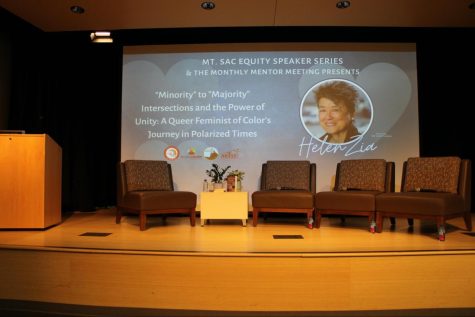
English was Zia’s first language, which her mother barely understood. Her father spoke beautiful English but was criticized for having an Asian accent by Zia’s teachers, classmates and anyone else influenced to believe that Asians are enemies of the U.S.
Historic moments of systematic negligence against Asian Americans and the LGBTQ+ community is what gave Zia the power to dream for a positive future every day.
Zia spoke in depth of her past and how her community members treated her for attending women’s rights meetings. It was never fully harmonious during the days of civil rights and Zia described that everyone was struggling to accept each other.
“So tell us, Helen,” her fellow community members of color asked at one of the countless activist meetings she attended. “Are you a lesbian? If you are a lesbian, you can’t be part of our community.”
Zia sat in shock and was reluctant to answer. There were no Pride centers or places for LGBTQ+ members to feel safe during the ‘80s. Zia looked at her Asian, Latino and Black community members that put her on the hot seat.
“No, I’m not,” she said.
To her fellow community members, Zia’s sexuality was the first and most important topic on the agenda, yet, the meeting moved on quickly after.
“For them it was like nothing, like a fly they swatted off their shoulders,” Zia said. “For me, it changed my life for a time.”
“That was stepping into a closet that I wasn’t even sure about, but I slammed it shut,” she continued. “That is one of the ways within our own communities, you know, even when we are fighting for justice, we can not see the humanity of the people next to us.”
Mt. SAC’s El Centro, Arise, Equity and Pride Center provide students with the resources they need to succeed within their own Latino, Asian American and LGBTQ+ communities. Zia highlighted that these services were not available during her late 20s and how it is important for students to take advantage of programs and amplify their own stories.
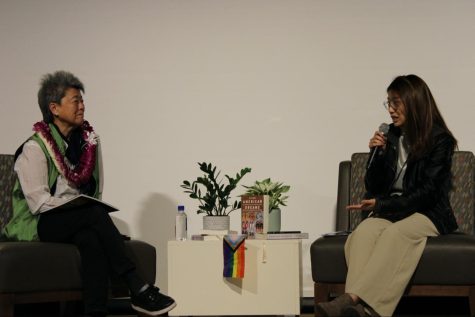
Zia’s deeper message of the event was to not be afraid of the many identities one may hold. Instead of confining ourselves to a singular identity, people can also find comfort within confidently sharing their numerous complex identities to the world.
Zia explained that every single human is complicated and it takes small steps to finally get the ball rolling in the right direction. People have the opportunity to be leaders once a problem is identified, they can pay their knowledge forward and progress to inspire change.
As a part of Mt. SAC’s Student Equity Speaker Series, attendees received one of Zia’s books, “Asian American Dreams,” a free dinner and watched Zia hold a discussion with three Mt. SAC students from Arise and Pride in Building 13 Room 1700.
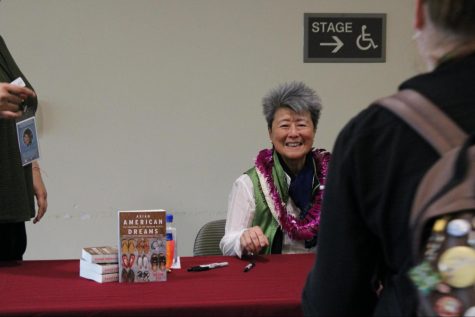
Zia has a message for those in attendance and beyond, “Nobody can predict what historians will say about 2023 in the future, but, know this, this is your time to make a difference.”
